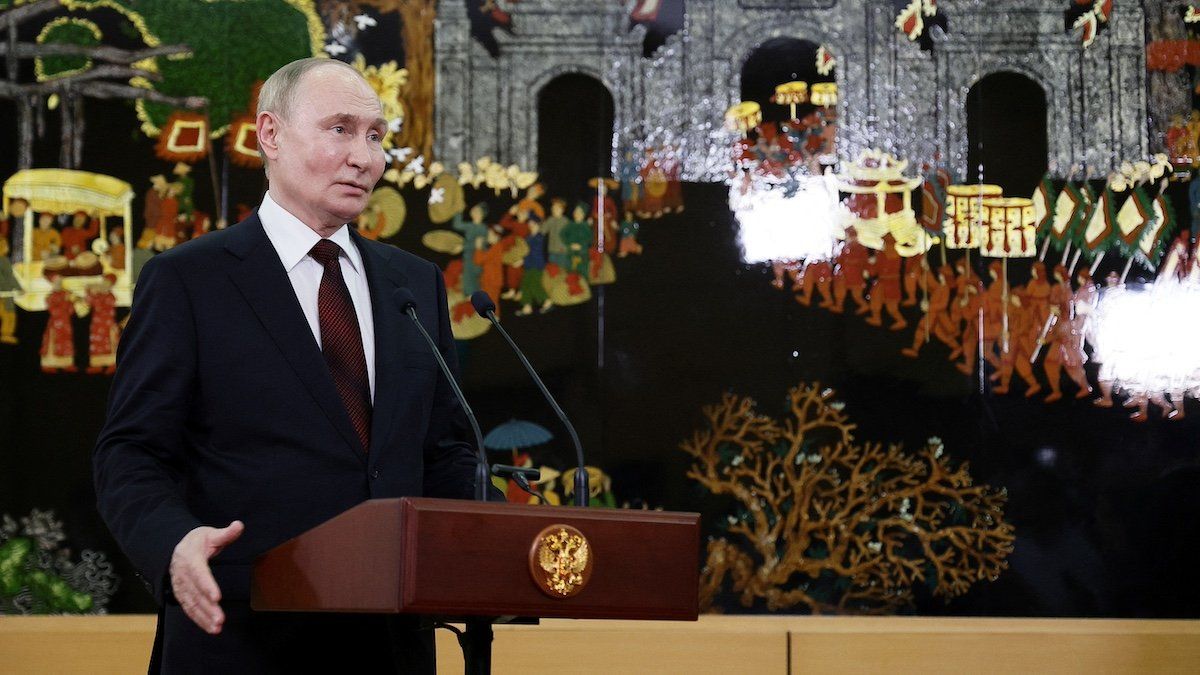Russian President Vladimir Putinsigned a series of agreements in Hanoi on Thursday that commit Moscow to cooperating with Vietnam on energy, science, health, and education measures. Compared with the first leg of his overseas trip to North Korea, this was a more sedate affair, but Putin is hoping his warm reception proves Russia isn’t as geopolitically isolated as it’s often portrayed.
While North Korea was eager to sign a security agreement with Moscow, none of the 12 publicly released agreements with Vietnam had to do with defense. Unlike Pyongyang, Hanoi actually has friends all over the place, thank you very much, and it won’t be seen supplying the Russian war machine.
Vietnam isn’t giving up its relationship with Moscow, its primary ally during its long struggle for colonial liberation, but it also won’t do anything that would threaten warm ties with the US, Australia, and Europe. Hanoi calls this bamboo diplomacy: being flexible enough to sway in the winds of geopolitics without snapping.
What we’re watching: Putin seemed to recognize that nuanced position in an editorial he wrote for state newspaper Nhan Dan on Thursday, in which he thanked “Vietnamese friends for their balanced position on the Ukrainian crisis.” Indeed, Vietnam has thus far maintained good relations with Kyiv, too, evensending some aid in 2022. Hanoi is a good bellwether for how the middle powers with few direct interests in the conflict are thinking about next steps as the conflict appears to stalemate.